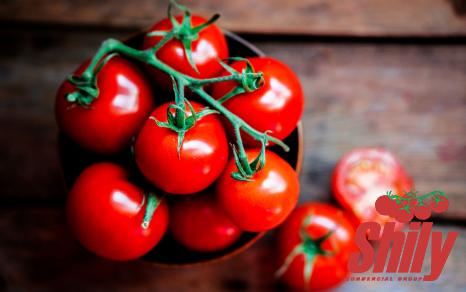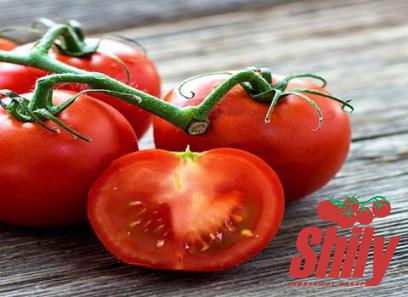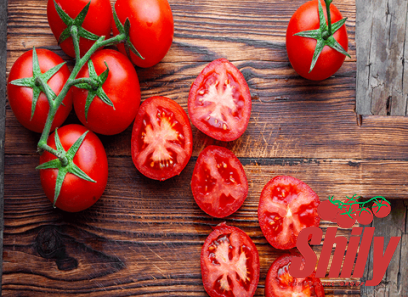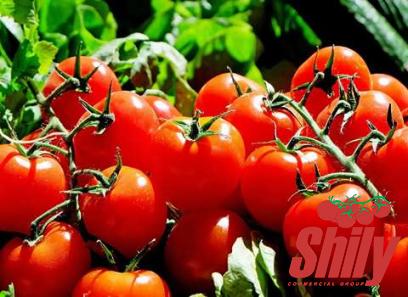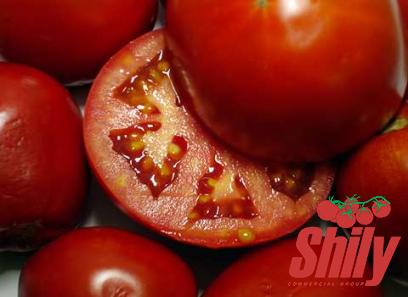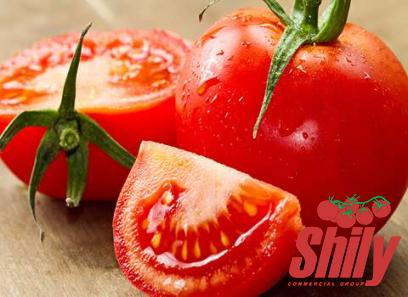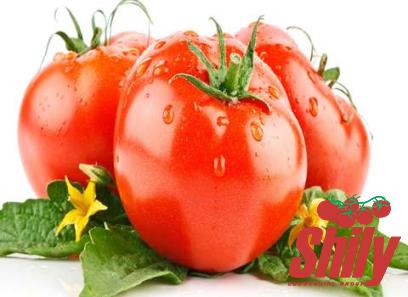Tomato paste is a versatile ingredient that can be used in a variety of culinary applications, including as a base for pasta sauce. While traditionally pasta sauce is made with fresh or canned tomatoes, tomato paste provides a concentrated and rich flavor that can enhance the taste of your favorite pasta dishes. In this summary, we will explore the benefits and uses of tomato paste as pasta sauce, its nutritional profile, and some creative recipes to try.
One of the primary advantages of using tomato paste as pasta sauce is its deep and intense flavor. Tomato paste is made by cooking tomatoes for a long period of time, resulting in a thick and concentrated product. This concentrated flavor can add a vibrant and robust taste to pasta dishes, making them more satisfying and enjoyable. By using tomato paste, you can achieve a flavor that is distinct and different from what is typically found in canned or jarred pasta sauces.
Additionally, tomato paste offers flexibility when it comes to customizing the flavors in your pasta sauce. Since it is a concentrated form of tomatoes, you have the freedom to add other ingredients such as herbs, spices, vegetables, and even meat to enhance the overall taste. This allows you to create a pasta sauce that suits your specific preferences and dietary restrictions.
From a nutritional perspective, tomato paste is a good source of essential vitamins and minerals. It is low in calories and fat while providing a significant amount of dietary fiber, vitamin C, and antioxidants. Tomato paste also contains lycopene, a powerful antioxidant that has been linked to various health benefits, including reduced risk of certain types of cancer and heart disease. Incorporating tomato paste into your pasta sauce can be a healthy and nutritious choice compared to store-bought alternatives that often contain added sugars, preservatives, and unhealthy fats.
When using tomato paste as pasta sauce, there are several ways to incorporate it into your cooking. One common method is to dilute the tomato paste with water or broth to achieve the desired consistency. This allows you to control the thickness of the sauce and allows the flavors to meld together. Alternatively, you can mix tomato paste with other tomato-based products such as canned diced tomatoes or tomato sauce to create a well-balanced and flavorful sauce.
To add depth to your pasta sauce, consider incorporating sautéed onions, garlic, and other aromatics. These ingredients can provide a savory and aromatic base that complements the tomato flavor. Additionally, herbs such as basil, oregano, and thyme can be added to infuse the sauce with additional layers of taste. For those who prefer a spicier pasta sauce, red pepper flakes or chili powder can be added to give it some heat.
Here are a few creative recipes using tomato paste as pasta sauce:
1. Classic Tomato Basil Pasta Sauce
– In a saucepan, sauté diced onions and minced garlic until golden brown.
– Add tomato paste and cook for a few minutes to caramelize the flavors.
– Stir in a can of crushed tomatoes and a handful of fresh basil leaves.
– Simmer the sauce for about 20 minutes, allowing the flavors to meld together.
– Serve over your favorite cooked pasta.

2. Spicy Arrabbiata Pasta Sauce
– In a skillet, sauté chopped onions, minced garlic, and red pepper flakes until fragrant.
– Add tomato paste and cook for a minute to roast the flavors.
– Stir in a can of diced tomatoes, tomato sauce, and a splash of red wine.
– Simmer the sauce for about 30 minutes, allowing it to thicken.
– Serve over cooked pasta and top with grated Parmesan cheese.
3. Creamy Tomato Vodka Pasta Sauce
– In a saucepan, sauté diced onions, minced garlic, and a pinch of red pepper flakes until softened.
– Add tomato paste and cook for a few minutes to deepen the flavors.
– Stir in a can of crushed tomatoes, a splash of vodka, and a dollop of heavy cream.
– Simmer the sauce for about 15 minutes to allow the flavors to meld.
– Serve over cooked pasta and garnish with grated Parmesan cheese and fresh basil.
4. Roasted Red Pepper Tomato Sauce
– Roast red bell peppers over an open flame or under a broiler until charred.
– Remove the skin, seeds, and stem from the roasted bell peppers and chop them into small pieces.
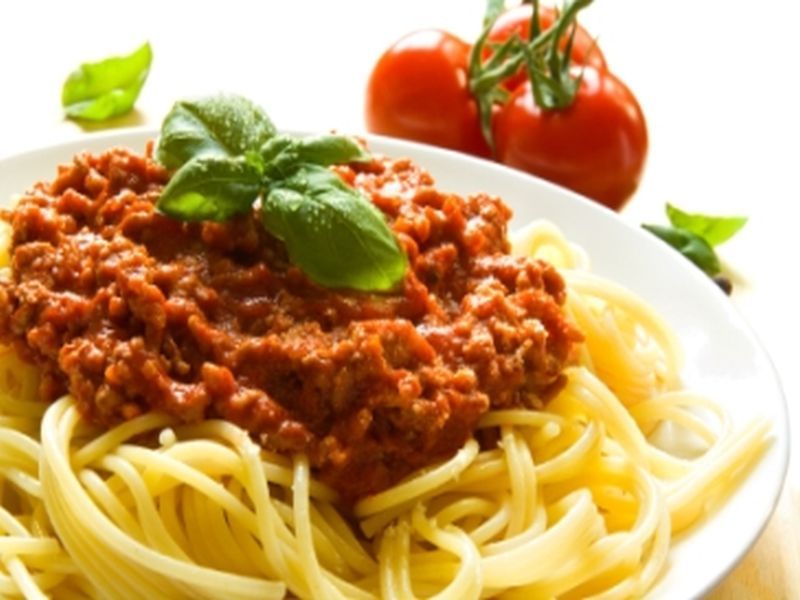
– In a skillet, sauté diced onions and minced garlic until translucent.
– Add tomato paste and cook for a minute to enhance the flavors.
– Stir in diced tomatoes, the chopped roasted red peppers, and dried herbs such as basil and oregano.
– Simmer the sauce for about 20 minutes, allowing it to thicken.
– Serve over cooked pasta and garnish with crumbled feta cheese and fresh parsley.
In conclusion, tomato paste serves as an excellent alternative to traditional pasta sauces, offering a deep and rich flavor to enhance your pasta dishes. With its concentrated taste, tomato paste provides a versatile base that can be customized to suit various flavor profiles and dietary preferences. Incorporating tomato paste into your pasta sauce not only adds depth and intensity but also offers health benefits and nutritional value. By trying out different recipes and experimenting with the ingredients, you can create delicious and unique pasta sauces that are sure to impress.Title: Tomato Paste as Pasta Sauce: A Win-Win Solution for Home Cooks and Food Businesses
Introduction:
Tomato paste is a powerful ingredient that serves as an excellent base for pasta sauce. Its concentrated flavor, versatility, and nutritional benefits make it a popular choice among home cooks and food businesses alike. In this article, we will delve into the various ways tomato paste can be used as pasta sauce and explore how it can benefit businesses in the food industry. From cost-efficiency and convenience to flavor customization and menu innovation, tomato paste offers an array of opportunities for businesses looking to enhance their offerings and attract more customers.
1. Cost-Efficiency:
One of the biggest advantages of using tomato paste as pasta sauce is its cost-efficiency. Compared to using fresh or canned tomatoes, tomato paste is considerably cheaper and readily available in bulk quantities. Its concentrated form allows businesses to use less product while still achieving a rich and robust flavor. By incorporating tomato paste into their pasta sauce recipes, businesses can significantly reduce their ingredient costs and improve their profit margins.
2. Extended Shelf Life:
Another benefit of using tomato paste is its extended shelf life. Unlike fresh tomatoes, which have a limited lifespan, tomato paste can be stored for an extended period without spoiling. This is particularly advantageous for businesses that want to stock up on ingredients or prepare larger batches of pasta sauce in advance. By using tomato paste, businesses can minimize waste and ensure a constant supply of pasta sauce without worrying about ingredient spoilage.
3. Flavor Customization:
Tomato paste provides a versatile base for pasta sauce, allowing businesses to customize the flavors according to their target audience’s preferences. By adding different herbs, spices, and ingredients, businesses can create unique and signature pasta sauce recipes that set them apart from their competitors. Whether it’s a classic tomato basil sauce or a spicy arrabbiata, the concentrated flavor of tomato paste serves as an excellent canvas for businesses to craft their own distinct pasta sauce offerings.
4. Menu Innovation:

Incorporating tomato paste into pasta sauce opens up a world of menu innovation for businesses. With the diverse range of flavors and textures that tomato paste can bring, businesses can experiment with new pasta sauce variations and create exciting dishes that attract customers. From creamy vodka sauces to tangy roasted pepper sauces, tomato paste allows businesses to introduce innovative and fresh options to their menus, keeping their customers engaged and coming back for more.
5. Time-Efficiency:
Using tomato paste as pasta sauce can significantly reduce cooking time for businesses. With its concentrated flavor, tomato paste eliminates the need for hours of simmering to achieve a rich and robust sauce. Businesses can simply mix tomato paste with other ingredients, such as canned diced tomatoes or tomato sauce, and cook the sauce for a shorter period to achieve the desired consistency and flavor. By saving time in the preparation process, businesses can increase their productivity and serve their customers more efficiently.
6. Consistency and Quality Control:
Consistency is crucial for any food business, and using tomato paste as pasta sauce can help businesses maintain a consistent taste profile across their dishes. Tomato paste offers a standardized flavor that is not easily affected by seasonal variations as fresh tomatoes are. With tomato paste, businesses can ensure that their pasta sauces taste the same throughout the year, providing a reliable and consistent experience for their customers. This level of quality control can help build brand loyalty and trust among customers.
7. Health Benefits:
Tomato paste as pasta sauce not only offers flavor but also provides nutritional benefits. Tomatoes are rich in vitamins, minerals, and antioxidants, and tomato paste is no exception. It contains lycopene, a powerful antioxidant known for its potential health benefits, including reducing the risk of certain types of cancer and heart disease. By using tomato paste as pasta sauce, businesses can offer their customers a healthier alternative to commercial pasta sauces that may be high in added sugars, preservatives, and unhealthy fats.
8. Diverse Consumer Needs:
In today’s culinary landscape, there is an increasing demand for food options that cater to diverse dietary needs and preferences. Tomato paste as pasta sauce allows businesses to meet these demands by easily adapting their recipes to accommodate different dietary restrictions. Whether it’s a gluten-free, vegan, or low-sodium pasta sauce, using tomato paste as a base provides businesses with the flexibility to create flavorful options for various consumer needs, expanding their customer base and ensuring inclusive dining experiences.
9. Marketing and Branding Opportunities:
Implementing tomato paste as pasta sauce provides businesses with marketing and branding opportunities. By highlighting the use of tomato paste in their pasta sauces, businesses can communicate their commitment to quality ingredients and unique flavors to their target audience. This can help differentiate their offerings from competitors and attract customers seeking authentic and innovative dining experiences. Additionally, businesses can leverage tomato paste’s nutritional benefits in their marketing efforts, appealing to health-conscious consumers who prioritize wholesome and nutritious options.
10. Recipe Collaboration and Partnerships:
The versatility of tomato paste as pasta sauce opens up possibilities for collaboration and partnerships between food businesses. By using tomato paste as a base, businesses can collaborate with other local producers, such as farmers, spice manufacturers, or artisanal cheese makers, to create exciting pasta sauce variations. This type of collaboration not only enriches the flavor profiles of pasta sauces but also fosters a sense of community and supports local food systems. It also creates unique selling points that attract consumers looking for authentic, locally sourced products.
Conclusion:
Tomato paste offers numerous benefits for businesses using it as pasta sauce, from cost-efficiency and extended shelf life to flavor customization and menu innovation. By incorporating tomato paste into their recipes, businesses can create rich and robust pasta sauces that cater to diverse consumer needs and preferences. Furthermore, the health benefits and marketing opportunities associated with tomato paste provide businesses with a competitive edge in the food industry. From small-scale restaurants to large-scale food manufacturers, tomato paste is a valuable ingredient that can elevate pasta dishes and drive success in the market.


